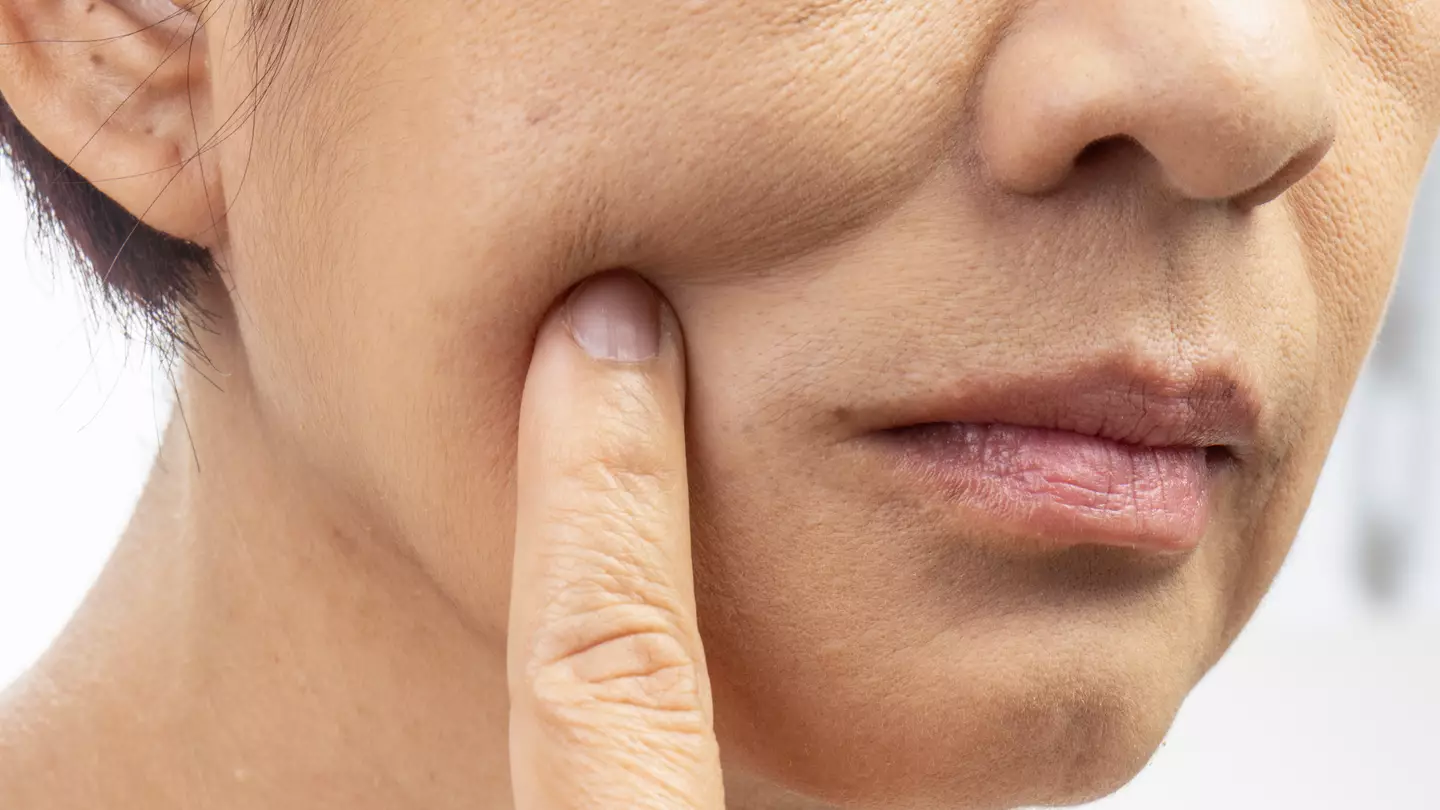It’s easy to feel a bit worn out after a long week at work, but how much is it impacting you in the long run?
Experts at Harley Street Skin have delved into the impact your job has on how you age, having devised a nifty online calculator so you can find out more about your individual situation.
The calculator considers factors including shift patterns, working location, stress levels and physical activity, whether you work from home full-time or commuting daily to a building site.
“The average Brit spends over 90,000 hours working,” the clinic explains.
Advert
“But could your job be affecting more than just your bank balance? Since the pandemic, more workers around the world have been working from home, and many have faced challenges such as less physical activity and longer working hours.”
So, how is the ageing process impacted by your job?

9 to 5
An eight-hour, standard 9-5 job where employees tend to work indoors - usually in an office - during the day and at regular times throughout the week, leads to 'minor ageing', according to Harley Street Skin.
The overall score of 40 or less shows a 'reduced risk of premature ageing', although there are still some factors that are likely to negatively influence ageing, such as 'spending extended periods sitting down'.
"The NHS has found that studies have linked being inactive with being overweight and obese, type 2 diabetes, some types of cancer, and early death," the clinic said.
"Studies also show that regular hours and day shifts are generally better for your health. Working longer hours can increase your risk of heart disease, stroke and obesity. It could also impact your mental health. Flexible working hours can boost morale and productivity and allow you to spend more time with your family and friends.
"Examples of physical minor ageing can include frown lines and wrinkles, leading to small lines around the eyes (crows feet), drier skin and sun spots."
Overall score: 40 or less (minor ageing)

Shift work
This is where you start to see a bit of a difference, with varying hours creeping that score up to 40-60 – the equivalent of ‘moderate ageing’.
"This result indicates that your job and workstyle could moderately age you." Harley Street Skin said.
"Factors such as working hours, stress levels, physical activity, and screen time should be considered.
"Your sleep quality may be affected if you work irregular hours or have long shift patterns. The NHS recommends sticking to a regular sleep routine and relaxing before you sleep. Going to bed at fixed times allows you to form good sleep habits, which should be consistent with your daily routine.
"Working too many hours can lead to stress, burnout, and daytime fatigue. It can be difficult to quieten your mind at bedtime if you’re charging through the workday for long periods. Poor sleep can decrease your productivity while increasing your risk of health conditions like type 2 diabetes and heart disease."
It added: "Some physical changes you may have noticed are fine to deep wrinkles around your eyes (crow’s feet), mouth (laugh lines), and forehead (frown lines), which may become more prominent with time."
Overall score: 40-60 (moderate ageing)
If you want to try the test out for yourself, click here.

Outdoor work
If you work outdoors with varying shifts, are rarely sitting down but often performing heavy lifting or 'repetitive physical tasks', and maybe working with harsh chemicals, your score leaps up to 60-80 to indicate 'severe ageing'.
"Several factors could increase your chances of ageing, such as working outdoors, working with harsh chemicals, heavy physical work, and long working hours," the clinic said.
It continued: "Research shows that night shift workers have a higher incidence of severe health conditions. These include Type 2 diabetes, heart attack, stroke, obesity, heart disease, pregnancy complications and certain cancers, including colorectal cancer. Insomnia and other sleep disorders are also common - many struggle to get adequate sleep, which puts them at higher risk of accidents and injury. The toll on mental health could also be affected, as studies have found a strong correlation between overnight work with depression and anxiety."
According to Harley Street Skin, examples of severe physical ageing could include 'deep, pronounced wrinkles becoming more widespread and the skin losing its elasticity, leading to sagging around the jawline, cheeks, and neck'. You may also experience 'skin pigmentation or age spots, especially on the skin, face, arms, and hands'.
Overall score: 60-80 (severe ageing)
